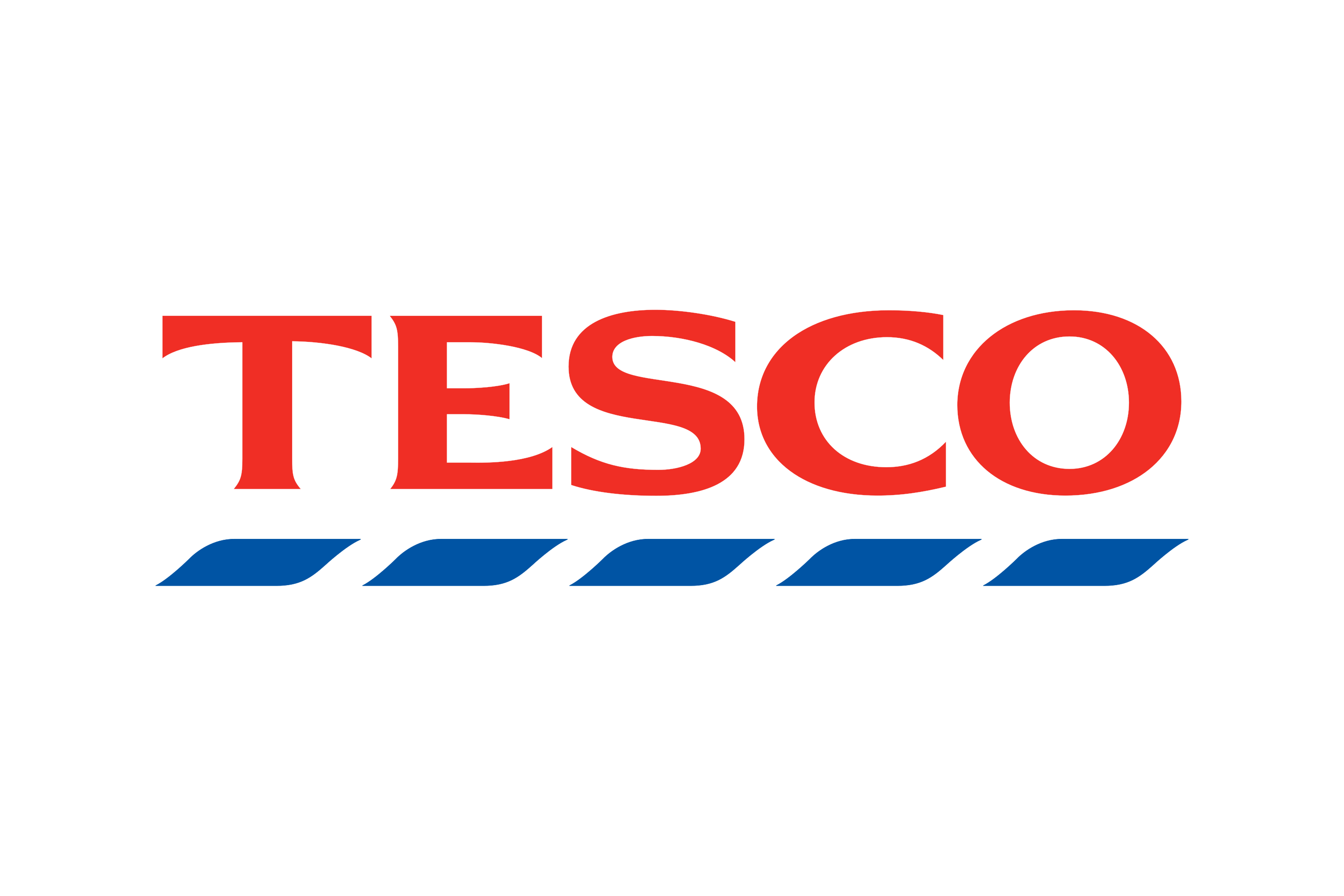03 Feb

As a ChannelUnity customer involved in marketplace selling, you’ve most likely had to deal with the implications of Brexit already. Whilst a fair amount has been written on the subject, the truth is that Brexit is only half the story.
Further changes are on their way, in the shape of the EU Marketplace VAT reforms due in July 2021. This might be the last thing you want to hear right now but these reforms ought to restore the competitiveness of UK sellers shipping into the EU. It’s only to be hoped that EU customers don’t lose faith with UK sellers in the meantime. Whatever the outcome is, we strongly recommend you consider the changes well ahead of time.
In this article, we’re not going to cover the details of shipping from the UK mainland into Northern Ireland. That seems to be a whole other story and we’ve tried to keep things brief.
First let’s review the Brexit changes themselves. Since 1st January 2021, the old rules on distance selling are gone. You can no longer have sales up to 35,000 EUR in France and pay no VAT, with various similar limits in other EU countries. Also gone is the exemption for items up to 22.50 euro which attracted no VAT in any event.
Going forwards, to ship goods from the UK into the EU, it’s more complicated:
- You need to register with HMRC for an EORI number, which takes a few days.
- Every package you send needs a customs declaration on the outside of the package, stating the customs terms used for the export. Normally these ‘Incoterms’ are DDP (Delivered Duty Paid), where you, the seller, pay the VAT, or DAP (Delivered At Place), where the customer pays.
- If you’re shipping DAP, your parcel carrier will contact your customer and ask them for the local import charges before releasing the goods to them. They’ll also charge them an admin fee. (A friend of ours in the Netherlands recently paid 39 euros of taxes and charges to DPD before they’d release an item bought from a UK seller on Etsy for £79).
- If you’re shipping DDP, you’ll pay the local import charges to the tax authorities yourself, either by registering for VAT in each country you sell to, or by using an agent to handle that for you. You will also require an EU EORI number. Using ChannelUnity to list on multiple, local country Amazons, for example, you could add the VAT uplift into Listing Settings, to calculate a VAT-inclusive sales price for that channel. But, you’d still have to unwrap the transaction in your shopping cart, or order management system, separating the VAT out again.
- You also need to bear in mind that goods which are not of UK/EU origin will attract duty on import into the EU – so, if you’re selling goods manufactured in China or the States, for example, beware of that.
- Finally, you need to consider what happens with returns. Customers will almost always ship return items back to you DAP, meaning you’ll have to pick up the UK import charges bill when they arrive. For this reason, some ChannelUnity customers are using return agents like ZigZag or Rebound to manage returns inside the EU.
- Because of the complexities, certain ChannelUnity customers have already established warehouses inside the EU, and the Netherlands seems to be favourite. Reports are that working with the Dutch authorities is fairly simple, straightforward, and well automated
EU Marketplace VAT Reforms
The EU marketplace reforms were originally intended to come in on the 1st of January 2021, co-incidentally at the same time as the end of the Brexit transition period. But they’ve been delayed until July due to the pandemic.
The purpose of the new rules is to allow member states to collect more VAT. The old distance selling rules, although no longer available to UK sellers, still apply inside to sellers within the EU, and favour shipping small quantities of goods across internal borders because no VAT is charged. Whilst this has suited marketplace sellers, ideally it results in less VAT being collected by the authorities.
Under the new rules, the marketplace platforms will be required to collect VAT and remit it to local VAT authorities on behalf of the seller. This will apply to goods worth less than 150 euro. That way, everyone selling to an EU customer, whether the seller is within the EU or not, will have local VAT added to their sales. As a UK based seller, you won’t have a cost advantage over a seller in the customer’s own country (as you may well have had under pre-Brexit distance selling), but you won’t have a disadvantage either. And importantly, you won’t be disadvantaged in selling to EU country A versus a seller based in another EU country B. The marketplace VAT reforms generally level the playing field.

So how will it work?
It’s envisaged that the marketplace will add VAT to your listings, probably in the checkout process, according to the destination country. So if you list an item for let’s say 100 euro, that might be 125 euro in France. The marketplace will then take a VAT inclusive payment from the customer, remit the VAT element to the VAT authority in the destination country, and pay you, the seller, a net price, based on the price on your listing, less their marketplace commissions of course. What you’ll have in your systems is a VAT zero rated export sale, with no VAT to pay. You’ll still be entitled to input VAT recovery per normal rules.
There will be opt outs for sellers, who have already registered for VAT in various EU states. If you opt out, you’ll need an EU EORI number linked to VAT numbers in various member states. To make that easier, there’ll be a One-Stop-Shop (OOS) scheme where you can register for EU VAT with an agent in one EU country, who will deal with the VAT authorities in all member states on your behalf. Some of our customers are talking with potential OSS agents in the Republic of Ireland, Malta or the Netherlands.

To use the opt-out, it’s likely that you’ll be obliged to enter your EU VAT number(s) into your marketplace account on Amazon, Ebay, or elsewhere. So why would you bother to opt out if the marketplace will handle VAT for you anyway? Well, if you sell goods over 150 euro value, the marketplace will probably not be managing VAT for you. And if you make export sales through your own website, you’ll need a way to handle those orders. In those scenarios, it might be easiest to have all your EU exports dealt with via the OSS VAT agent, to keep everything consistent.
In any event, every ecommerce business will have to adhere to new rules from the 1st of July 2021.
At ChannelUnity, we’ll do our best to help you figure out the implications for your systems, especially your marketplace integrations. This needs to start with the way marketplace platforms will implement the new rules, and to date, there’s been fairly little concrete information. For example, what will it mean for APIs? How will VAT payments be tracked? Where VAT has been pre-paid by the marketplace will sellers be required to evidence that on paperwork shipped with the goods?
Fruugo seem to be ahead of the game and have published details of a new API which will allow ChannelUnity to capture the exact amount of VAT collected by Fruugo and remitted to the VAT authorities on your behalf, at sales order level. It’s likely that other marketplaces will follow suit with something similar. Depending on how you operate, additional VAT information may well need to be made available to systems like Ecommerce platforms, and potentially passed through to financial accounting systems as well.
Once we have more clarity we’ll be working with marketplaces, shopping cart platforms and customers to flesh out the details to ensure that everyone can keep on selling.
If you learn anything new on these subjects, please talk to us at ChannelUnity. If you need any specialist advice on tax issues relating to Brexit and EU marketplace VAT reform, we can strongly recommend our accountants, UHY in Manchester who have spent quite an amount of time researching these issues, and have helped us with this blog post. The best contact there is Michelle Dale, Senior Manager for VAT, email m.dale@uhy-uk.com.






